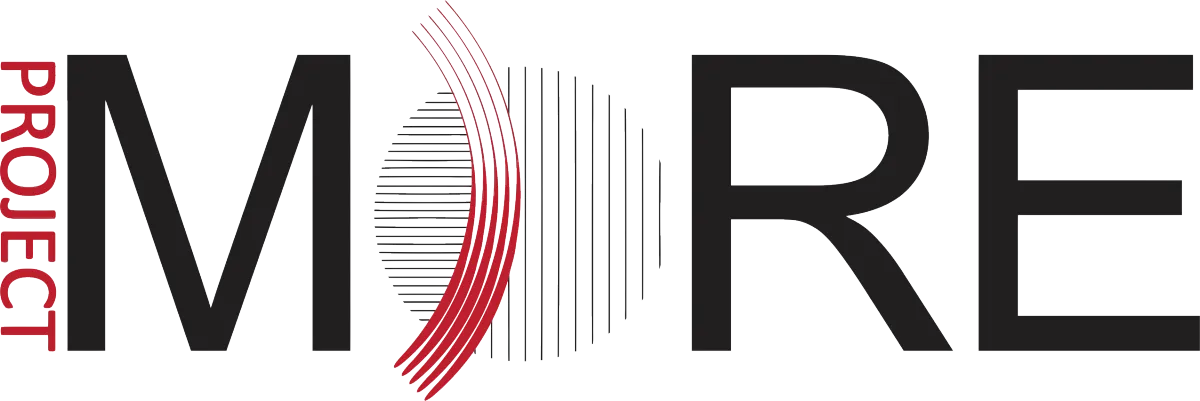NY PROGRAMS
Dutchess County Transitional
Project M.O.R.E.’s Transitional Housing program consists of 38 beds and offers individuals who have been incarcerated alternative housing, instead of being physically held in the Dutchess County Jail while awaiting recommendation to a treatment facility by the Department of Mental Hygiene. Transitional Housing provides the resident with transportation to and from all court appearances, doctor appointments, DSS appointments and any outside treatment programs. It also provides nightly AA/NA meetings, both in-house and outside in the community. Groups on life skills, recovery, health, creative arts projects and recreation are also provided. All of the clients are required to participate in the group activities, with the exception of the AA/NA groups, in which they are given the option of going to the “alternative meeting”, which only requires family or friends or a journal. The clients are kept on a set schedule of meal times, smoke breaks, groups, recreation and wake up/lights out. Clients are also allowed to speak to their loved ones on the telephone daily with a scheduled “phone time”. The clients are constantly monitored by staff members that are posted throughout the facility .

Probation Violation Residency
Project M.O.R.E. Inc., operates an 8-bed, regional Probation Violation Residential Center (PVRC) for male and female probation violators as part of our existing 38-bed Transitional Housing Facility currently funded by the Dutchess County Office of Probation and Community Corrections. The PVRC serves the Hudson Valley counties of Dutchess, Putnam, Columbia, Orange and Ulster. The PVRC will provide 90-180 days of programming for referred offenders who have demonstrated a need for extra support in order to successfully complete their probation.
In collaborative efforts between Project M.O.R.E. and the region-wide probation offices, each individual receives programming and supervision designed to improve their capacity to remain arrest/violation-free with the community. Services will include substance abuse education and referral for services, employment readiness, cognitive behavioral treatment, life skills training, recreation/healthy living opportunities and educational advancement or GED preparation. Each resident also receives a well-conceived aftercare plan that includes housing, drug and alcohol rehabilitation services and employment services. In this way, the Center will effectively meet the critical needs identified by the New York State Division of Probation and Correctional Alternatives (DPCA), providing a graduated sanction and diversion from state prison for referred probationers.

Community Transition Center
Community Transition Center (CTC) is a Day Reporting Center with a capacity for 100 Individuals in Poughkeepsie, NY. CTC serves mostly young people, ages 17-25 years old, as a condition of Probation or Pretrial release and as assigned by the Office of Probation and Community Corrections. The goal of CTC Day Reporting Center is to provide structured supervision and services to probation participants based on assessed needs and/or court requirements. We provide evidence-based curriculums (MRT, Anger Management and Employment Skills) to address the criminogenic and other needs and protective factors identified in the COMPAS assessments. CTC also provides Life Skills, HSE (High School Equivalency) and Community Service to the participants who model pro-social behavior. We provide positive reinforcement and ongoing support through all of our interventions at CTC with a goal to reduce recidivism.

Women’s Reporting Center
The Women’s Reporting Center is an Alternative to Incarceration (ATI) funded by the State of New York Division of Criminal Justice Services. Working in collaboration with the Dutchess County Office of Probation and Community Corrections, clients are referred while on pre-trial status as a condition of probation or probation violation. The gender-responsive programming includes case management services, cognitive behavioral intervention (Moral Reconation Therapy — MRT) and the National Institute of Corrections’ employment curriculum (Ready, Set, Work!). A 7-passenger transportation van is available for bringing the clients to the Center, to court and to other appointments.

RESTART
Re-Entry Stabilization, Transition And Reintegration Track (RESTART) is a jail-based transition and re-entry program designed to reduce recidivism of the high-risk criminal offender. The RESTART Program is a collaborative, evidence-based initiative combining the knowledge and skills of Project M.O.R.E., Dutchess County Sheriff’s Office (DCSO), Dutchess County Office of Probation and Community Corrections, Dutchess County Dept. of Behavioral and Community Health (DBCH) and Hudson Valley Mental Health (HVMH). The RESTART Program consists of 50 male and 20 female participants who have been assessed and identified as individuals in need of evidence-based curriculum (MRT, Seeking Safety, New Directions, Anger Management, RSW and Dialectical Behavior Therapy) to address their criminogenic needs. RESTART also provides case management and re-entry services to all participants.

Employment Program Services
Project Model Offender Reintegration Experience, Inc. (Project M.O.R.E., Inc., referred to as PMI) proposes to provide transitional employment programming (Tier 1) for individuals transitioning back into the community from Dutchess County Jail, on Probation or referred through the court. The goal of PMI’s Employment Services Program is to provide evidence-based employment groups, cognitive behavioral interventions and case management services for participants, as well as transitional/subsidized employment opportunities. PMI believes that programs based on best practice theory must be implemented in any community-based offender program.

CBI
Individuals released from jail have high rates of recidivism upon release. DCJS analysis shows that 66% of individuals released from jail were reconvicted of a crime within five years. CBI services have been demonstrated to improve the individual’s understanding of the ways in which thoughts influence behaviors and, ultimately, provide the individual with the skills needed to change thinking and behavior. Project M.O.R.E.’s CBI services to jail inmates within a jail setting is facilitated through Moral Reconation Therapy (MRT), a 12- to 16 -step curriculum which allows for rolling group admissions and Interactive Journaling. This curriculum can be completed individually or within a group setting. The startup of the CBI program was January 1, 2019 and, to date, we have exceeded our state required milestones.

Department of Behavioral and Community Health Jail Substance Use Disorder (DBCH Jail SUB Program)
Project M.O.R.E. Inc., an agency that has provided staffing and services for multiple criminal justice-related initiatives in Dutchess County, is collaborating with DBCH to provide services to in-jail Medication Assisted Treatment (MAT) clients. Our vision for the range of services under this program is to track jail released MAT clients and ensure they are getting to recommended services as well as to provide evidence-based, cognitive behavioral interventions such as Moral Reconation Therapy (MRT). The goal is to develop a person-centered, post-release care plan that is in line with the needs and preferences of the client. Through our Project M.O.R.E. and DBCH collaboration, MAT clients will benefit from a warm handoff to transitional services and/or post-release peer services in the community.


